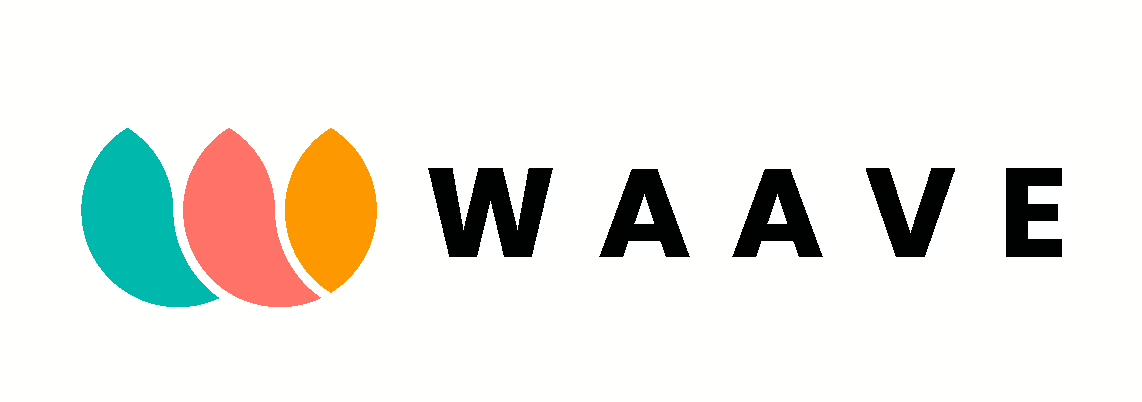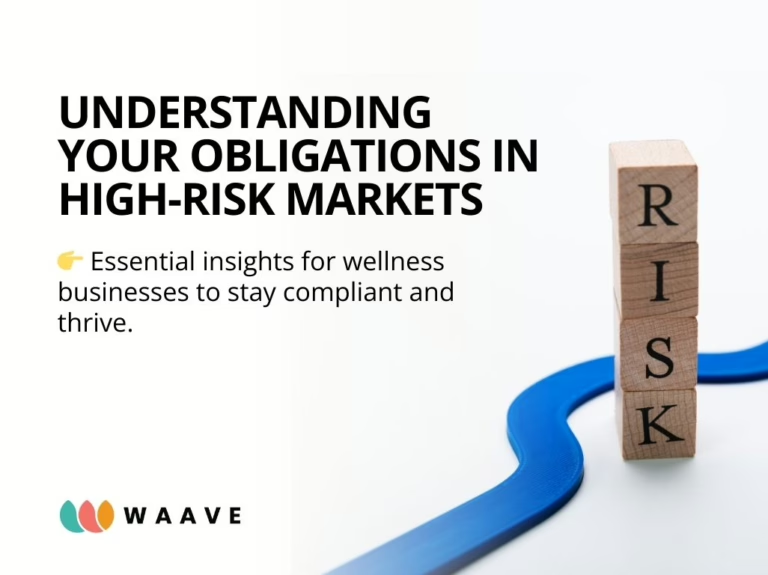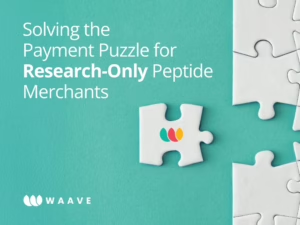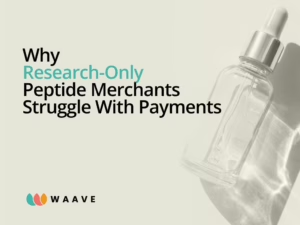Running a business in a high-risk industry is not for the faint of heart. From kratom, CBD, to other wellness products, merchants in these sectors face unique challenges that go far beyond what traditional businesses experience. Regulatory scrutiny, financial restrictions, and compliance requirements can make or break your operations. Understanding your obligations is crucial to staying in business and thriving.
Legal Considerations: Dealing with a Complex Landscape
One of the biggest hurdles in high-risk markets is legal compliance. Laws vary by federal, state, and even city jurisdictions, and they are constantly evolving. Merchants must ensure their products meet regulatory standards, obtain the right licenses, and stay informed about changes that could impact their ability to operate.
For example, selling CBD products requires adherence to FDA guidelines and state-specific laws. A rule that is permissible in one state may be illegal in another. Similarly, businesses selling supplements, herbal remedies, or other alternative wellness products must ensure that their marketing claims are truthful and not misleading, avoiding potential legal repercussions.
Failing to comply with these regulations can lead to fines, product seizures, and even business shutdowns. It is imperative to stay ahead of legislative updates to maintain a compliant operation.
Financial Realities: The Challenge of Payments
Financial institutions tend to be wary of high-risk businesses due to perceived regulatory uncertainty and potential chargebacks. Many traditional banks and payment processors refuse to work with merchants in high-risk industries, leaving them scrambling for solutions.
Without a compliant and reliable payment processor, businesses often face account shutdowns, frozen funds, or exorbitant fees that eat into profit margins. It is critical to work with financial partners that specialize in high-risk transactions and understand the nuances of your industry.
Regulatory Compliance: More Than Just Paperwork
Beyond legal requirements and financial challenges, regulatory compliance involves adhering to industry best practices, including:
- Age verification: Ensuring buyers meet the legal age requirements for certain products.
- Proper disclosures: Clearly listing ingredients, potential side effects, and proper usage instructions.
- Secure transactions: Protecting customer data and preventing fraudulent activity.
Being proactive in compliance can protect your business from penalties and build trust with customers.
How WAAVE Simplifies Compliance
Staying compliant in a high-risk industry doesn’t have to be overwhelming. WAAVE automates compliance processes, ensuring your business meets legal and regulatory requirements effortlessly. Our system not only enables seamless transactions but also alerts you when new regulations are on the horizon—helping you adapt before changes take effect. With WAAVE, you can focus on growing your business while we handle the complexities of compliance for you.
Understanding your obligations is key to long-term success. Stay informed, work with the right partners, and make compliance a priority to keep your high-risk business running smoothly.






